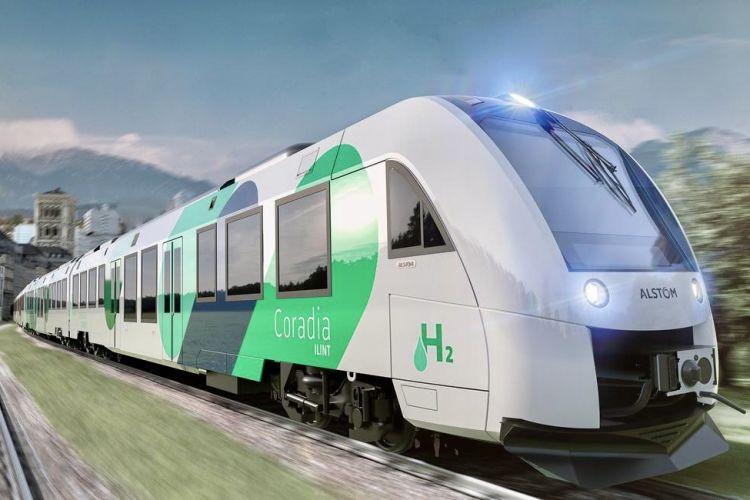Decarbonising Rail Transport with Alstom's Hydrogen and Battery Solutions
Key Ideas
- Alstom presents a range of zero direct-carbon emission rail technologies including hydrogen and battery-electric train solutions at the InnoTrans trade fair in Berlin.
- Hydrogen and battery-powered trains by Alstom have covered over 4 million km, providing credible and complementary alternatives to diesel.
- Considerations for choosing between hydrogen and battery trains include operational autonomy, infrastructure availability, local hydrogen production, and climatic conditions.
- Alstom offers retrofit solutions, advice on fuel cell dimensioning, and expertise in hydrogen refuelling to support the transition to sustainable rail transport globally.
At the InnoTrans trade fair in Berlin, Alstom showcased its solutions for decarbonising rail transport with a focus on catenary-free lines powered by hydrogen and battery technology. The company offers a comprehensive range of zero direct-carbon emission technologies, emphasizing both newbuild and retrofit solutions for hydrogen and battery-electric trains. Alstom also provides the necessary infrastructure for sustainable power supply, including partial electrification and charging stations for batteries. They highlight their expertise in the complete hydrogen ecosystem, positioning hydrogen and battery trains as viable alternatives to diesel.
Factors like operational autonomy, infrastructure availability, local hydrogen production, and climatic conditions play a crucial role in determining the suitability of hydrogen versus battery trains for different use cases. Alstom's experience with 41 operational trains in Germany and successful deployments in nine other countries demonstrates the practicality of their solutions.
The company also offers retrofit solutions through its Flexcare Modernise portfolio, ensuring a smooth transition from diesel to hydrogen refuelling globally. Alstom provides tailored advice on fuel cell dimensioning, hydrogen storage, battery size, and quick charging to meet the energy demands of different systems.
Moreover, Alstom collaborates with industry leaders to develop refuelling protocols and communication technologies for efficient hydrogen refuelling. By offering expertise in hydrogen refuelling dimensioning and supporting the definition of international standards, Alstom aims to drive innovation and sustainability in the rail transport sector.
Overall, Alstom's focus on hydrogen and battery-powered trains and their commitment to decarbonisation through tailored solutions and infrastructure development position them as a key player in the transition to sustainable rail transport.
